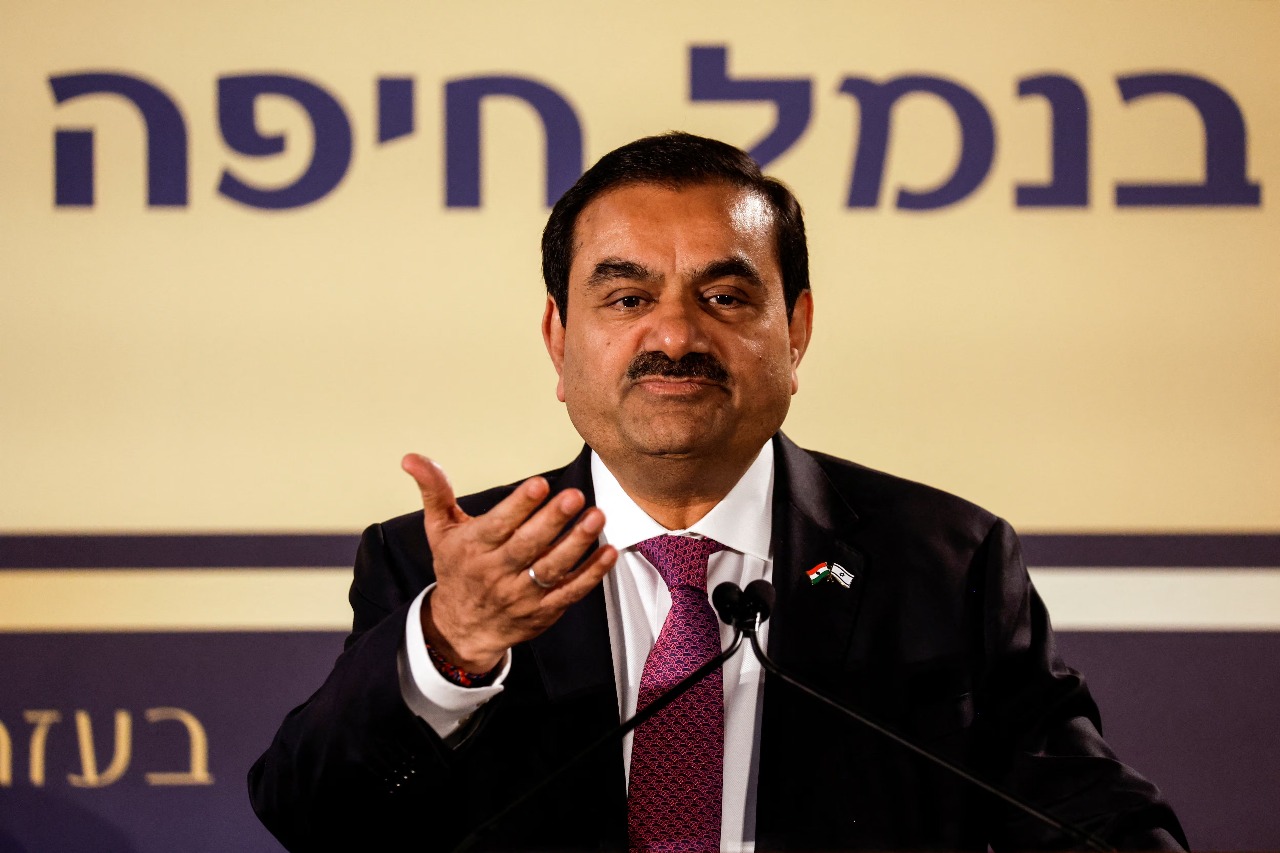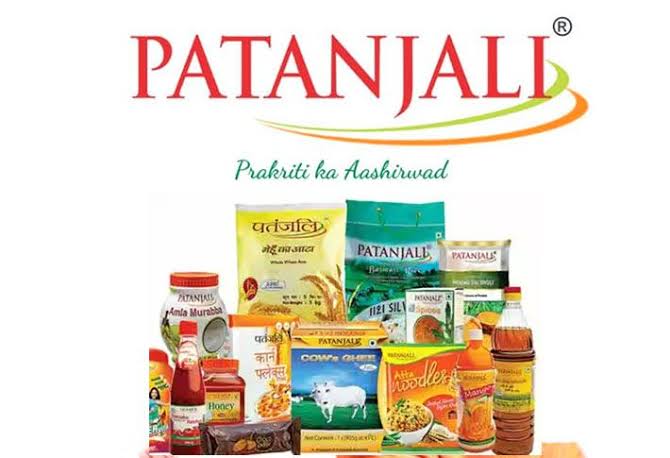
Follow WOWNEWS 24x7 on:

In a swift and unequivocal statement issued on August 18, 2025, the Adani Group has denied any association with Mahabal Cement Private Limited and refuted media reports suggesting that the Assam government had allotted land in Dima Hasao district to the conglomerate for a cement plant. The clarification comes amid growing public scrutiny and judicial intervention over a controversial land allotment involving 3,000 bighas in a tribal region of Assam.
Here’s a detailed breakdown of the unfolding situation, the players involved, and the implications for corporate accountability and regional governance.
1. The Controversy: Land Allotment in Dima Hasao
- The Assam government has come under fire for allotting approximately 3,000 bighas of land in Dima Hasao district to Mahabal Cement for a proposed cement factory
- The district, governed under the Sixth Schedule of the Indian Constitution, is home to indigenous tribal communities and ecologically sensitive zones
- The Gauhati High Court has questioned the legality and rationale of the allotment, calling it extraordinary and demanding policy records from the North Cachar Hills Autonomous Council
- Local villagers have filed petitions alleging forced evictions and environmental risks associated with the project
Key highlight: The court’s remarks—“Is this some kind of joke?”—have amplified public concern over the scale and speed of the land transfer
2. Adani Group’s Clarification
- In response to speculation linking the Adani Group to the cement project, the company issued a formal denial
- It stated that Mahabal Cement is not affiliated with the Adani Group in any capacity—financial, operational, or strategic
- The group also denied receiving any land allotment from the Assam government in Dima Hasao for cement-related activities
- The clarification aims to distance the conglomerate from the controversy and prevent reputational spillover
Key takeaway: Adani Group has made it clear it is not involved in the Dima Hasao cement project or the land allotment under scrutiny
3. Who Is Mahabal Cement?
- Mahabal Cement Private Limited is a Kolkata-based company that signed an MoU with the Assam government during the Advantage Assam 2.0 investment summit in February 2025
- The company proposed an investment of ₹11,000 crore to set up a cement plant in Dima Hasao
- Land allotments of 2,000 bighas in October 2024 and another 1,000 bighas in November 2024 were made by the autonomous council for this purpose
- Mahabal Cement has claimed the land is barren and essential for mining operations, but faces opposition from local communities and legal challenges
Key insight: Mahabal Cement is the sole entity involved in the project, and its ties to Adani Group have been publicly refuted
4. Legal and Environmental Concerns
- The Gauhati High Court has ordered the autonomous council to submit records justifying the land allotment
- The court emphasized the need to prioritize tribal rights and ecological preservation in Sixth Schedule areas
- Umrangso, the site of the proposed factory, is known for hot springs, migratory bird habitats, and rich biodiversity
- Petitioners argue that the project threatens both the environment and the cultural identity of the region
Key highlight: The case has become a flashpoint for debates on land rights, environmental governance, and corporate accountability
5. What Happens Next
- The next hearing in the Gauhati High Court is scheduled for September 1, 2025
- The autonomous council must present its land allotment policy and rationale for the 3,000-bigha transfer
- Mahabal Cement may face further scrutiny over its environmental impact assessments and community engagement
- The Adani Group’s denial may help clarify corporate boundaries, but the broader issue of land governance remains unresolved
As the legal and public discourse intensifies, the Dima Hasao land allotment saga serves as a reminder that transparency, due process, and community consent are non-negotiable—especially when development meets tribal land.
Sources: Indian Express, Telegraph India, Northeast Today, UNI India, India Today


